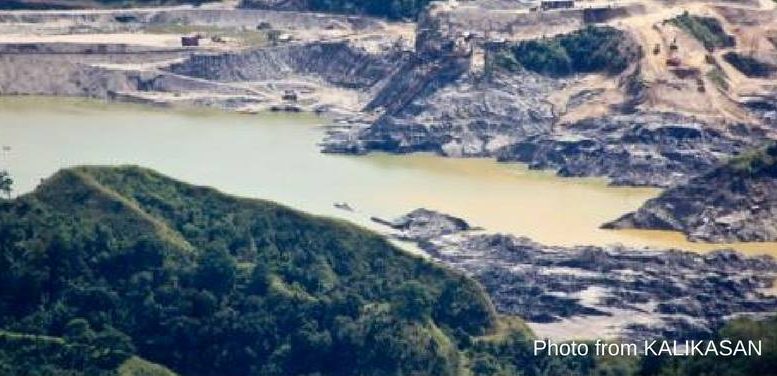A labor non-government organization welcomes and supports the decision of Department of Environment and Natural Resources (DENR) Secretary Gina Lopez to issue closure and suspension orders to large scale mines after failing a nationwide audit.
The Ecumenical Institute for Labor Education and Research, Inc. (EILER) has also criticized the Chamber of Mines of the Philippines in its move to oppose the confirmation of the appointment of the DENR Secretary.
“The Chamber of Mines and President Duterte’s economic managers are in connivance to discredit DENR Secretary Lopez and block her appointment,” said Rochelle Porras, Deputy Executive Director of EILER. “They are using the due process card in their selfish pursuits to ensure the foothold of big mining corporations in the country, when in fact, many mining corporations never truly followed the law.”
EILER asserts that the closure of the 21 mining firms will inevitably affect the workers and they would need immediate support from the government. Under the Labor Code, suspension of the operation of a business for a period not exceeding six (6) months shall not terminate workers’ employment. Therefore, the workers have the right to just compensation equivalent to their current salary. If a mining firm closes, the workers must receive separation pay equivalent to one (1) month pay or at least one-half month pay for every year of service, whichever is higher. Government agencies such as DOLE, DSWD, and the local government units involved must take actions to guarantee decent job replacements of the would-be displaced workers.
“We reiterate that there should be no compromise when it comes to the livelihood and welfare of the workers,” Porras added. “At the same time, we must stand firm against environmentally destructive activities which destroy our communities and natural resources and violate human rights.”
Programs to rehabilitate the environment from the damage of the mining operations should also be launched. Such programs should also be prioritized by the closed mining companies, as it is their large-scale extraction that heavily damaged the environment and the communities nearby. According to EILER, mines remain one of the most hazardous places of work.
The labor NGO also pointed out the mining policies must be reoriented toward a pro-Filipino industrialization strategy. The country has very high potential for socioeconomic progress with its over 30 million hectares of land, nine million hectares of which are considered mineral-rich. However, foreign-owned mining firms have dominated the market, largely profiting from the country’s resources and labor force. Data from Mines and Geosciences Bureau showed that the country has exported almost US$ 4.01 Billion worth of minerals and mineral products to China, Japan, and Australia among many other countries in 2014. Very minimal goes back to the local economy as the minerals are shipped out leaving hardly any downstream production and local employment.
EILER demands that the government uphold and defend the workers’ rights by junking the Philippine Mining Act of 1995 and laws on foreign investments and trade agreements that are bias towards capitalists of big mining firms. It also calls for the government to resume with the peace talks and consider the Comprehensive Agreement on Social and Economic Reforms (CASER), which tackles land reform and workers’ welfare.

